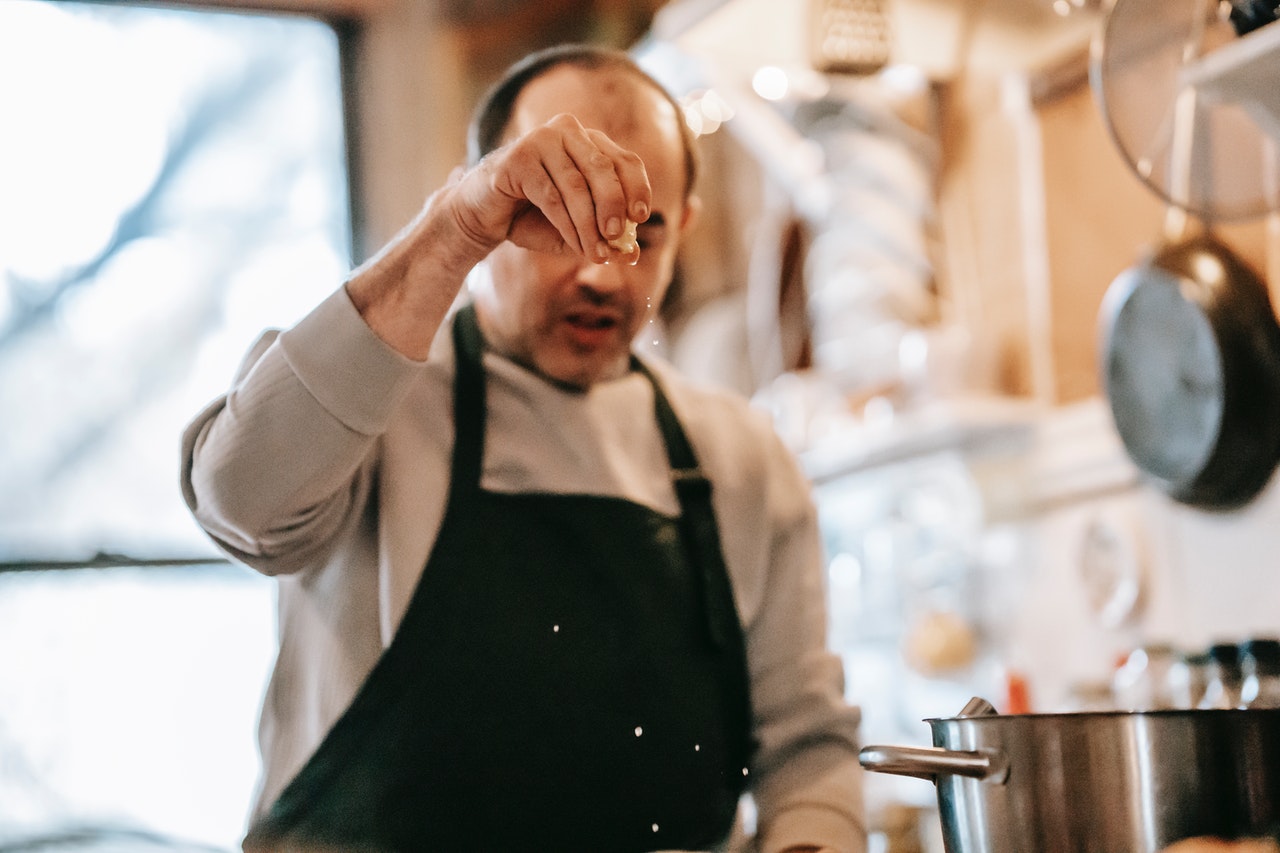When you have a bland dish, the most important thing you can do to make it taste great is to add flavor.
When you’re cooking, there are mistakes you can make when adding these ingredients which may make your food taste terrible. Listed below are five of the most common mistakes people make when it comes to seasoning food, and how to avoid them.
1) Underestimating the Need for Salt
The main problem with over-salting is that it brings out the bitter flavors in a way that is not good, so there is a limit. However, people often underestimate how much salt to put in a dish.
Salt is the main seasoning found in our foods and the main way to add flavor. It brings out the natural sweetness in the food, and makes the flavors pop. There is a pass for using too much though. Salt also enhances flavors like bitterness, sourness and umami, which is why food often tastes even better after being salted.
2) Not Tasting as You Go
If you can’t taste as you go along, try this trick: Before adding any more of the seasonings to your dish, taste it. If it’s too bitter, add some more sugar.
If it’s too salty, add something sour like lemon juice or vinegar. If it’s too sour, add some sugar. This way, you won’t add too much of the seasoning, and you save from adding too much salt, sugar, etc.
3) Not Grounding Your Own Black Pepper
Black pepper is the second most popular spice in the world, after salt. As such, it can sometimes be tricky to get the right amount of pepper into a dish. The problem with this is that it can be hard to grind your own pepper, and even harder to get the right amount.
By grinding your own pepper, you add freshness to your dish, and the flavors seem to come out a little more. You can have better control over the flavor, and you can grind it as coarse or as fine as you want.
4) Using Stale, Ground Spices
The thing about ground spices is that they have a shelf life of about six months to a year after being ground, depending on the spice.
This is a lot less time than if you had ground the spices yourself, so it’s important to know what time frame you have for each spice.
5) Adding Dried Herbs Too Late
When it comes to herbs, it’s tempting to add them too late in the cooking process. There are a few reasons for this. First, it just makes it more difficult to cook for you. Since dried herbs lose their flavor after about 15 minutes of cooking, it’ll be difficult to get the flavor you want if you add it on top at the end.
Also, you don’t want to lose the flavor of the herbs, which can happen if they’re cooked too long or too high. When adding dried herbs, the best practice is to add them at the beginning of the cooking process.
Final Thoughts
With more practice and avoiding the mistakes mentioned above, you can improve your food seasoning. You’ll be better at doing it just right. It’s also important to know that spices, herbs and other seasonings should be added to food early in the cooking process.
Make sure you have a host of food seasonings to practice with. At Castle Foods, we have a wide array of herbs and spices you can add to your meals. Browse through our online store to see a full list of our offerings.


